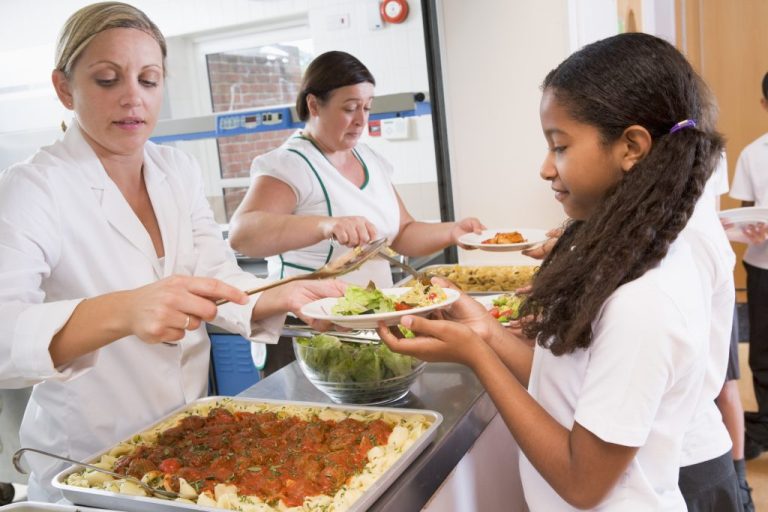Public health nurses have welcomed government plans to expand free school meals to all children whose families are on universal credit.
Ministers this week unveiled plans that would see half a million additional children benefit from a free meal every school day, from the start of the 2026 school year.
“This is an important step in addressing the huge challenges of child poverty affecting children in the UK”
Alison Morton
Since 2018, children have only been eligible for free school meals if their household income is less than £7,400 per year.
The Department for Education claimed that the expansion of free school meals to every pupil whose household is on universal credit would lift around 100,000 children across England out of poverty.
It further said giving children access to a nutritious meal during the school day would lead to higher attainment, improved behaviour and better outcomes.
Education secretary Bridget Phillipson said: “It is the moral mission of this government to tackle the stain of child poverty, and today this government takes a giant step towards ending it with targeted support that puts money back in parents’ pockets.
“From free school meals to free breakfast clubs, breaking the cycle of child poverty is at the heart of our Plan for Change to cut the unfair link between background and success.
“We believe that background shouldn’t mean destiny. Today’s historic step will help us to deliver excellence everywhere, for every child and give more young people the chance to get on in life.”
Public health nurses have long been calling for universal free school meals for primary school children, airing concerns about the effects of poor nutrition on health.
A spokesperson for the School and Public Health Nurses Association (SAPHNA) told Nursing Times that the organisation was “delighted to hear” that more children would be eligible for free school meals.
They added: “SAPHNA has been a long-standing supporter of free school meals and urges that the free school meals offer is extended to all children to ensure that they have access to good food to support their learning in the classroom and overall development, health and wellbeing.”
Meanwhile, the chief executive of the Institute of Health Visiting (iHV), Alison Morton, told Nursing Times: “We are very supportive of the government’s plan to extend free school meals – hungry children will find it harder to learn and this is an important step in addressing the huge challenges of child poverty affecting children in the UK.”
The government also announced that it would offer more than £13m in funding to 12 food charities across England to redistribute fresh produce directly from farms to fight food poverty.
The scheme helps farms and organisations to work together to ensure edible food that might have been left in fields instead ends up on the plates of those who need it, including schoolchildren.
The plans come ahead of the ministerial Child Poverty Taskforce publishing its 10-year strategy later this year.
More on the campaign for free school meals

